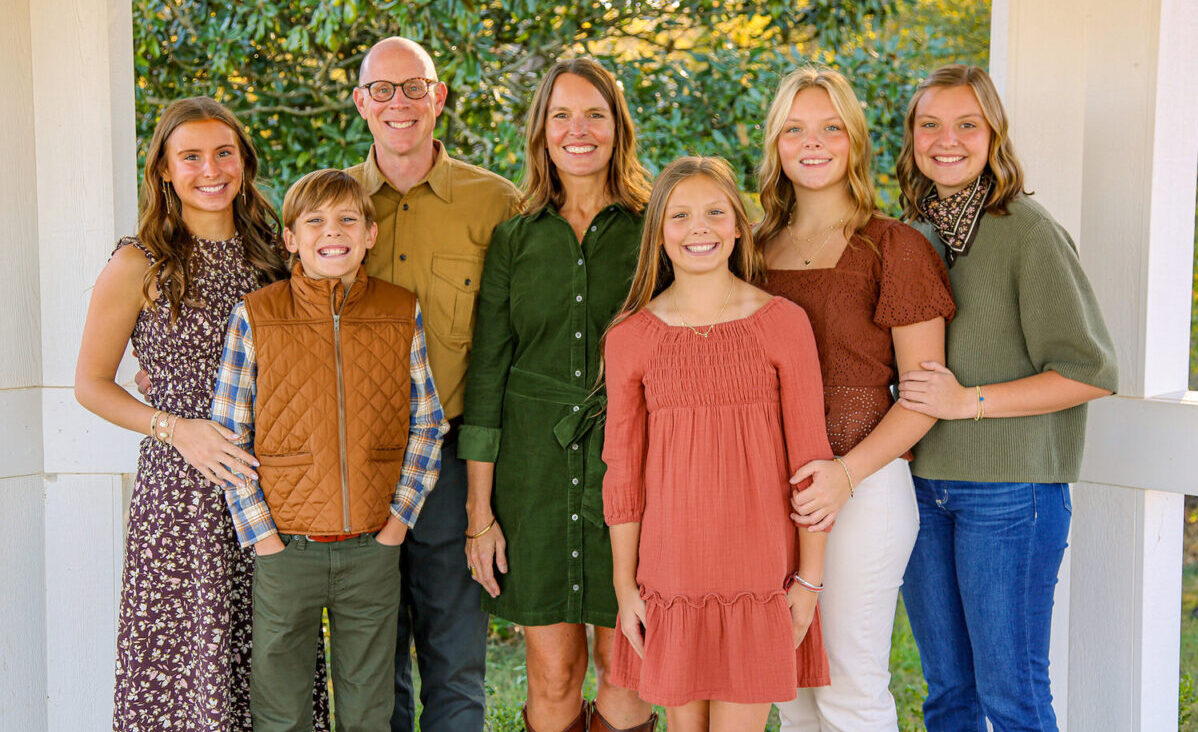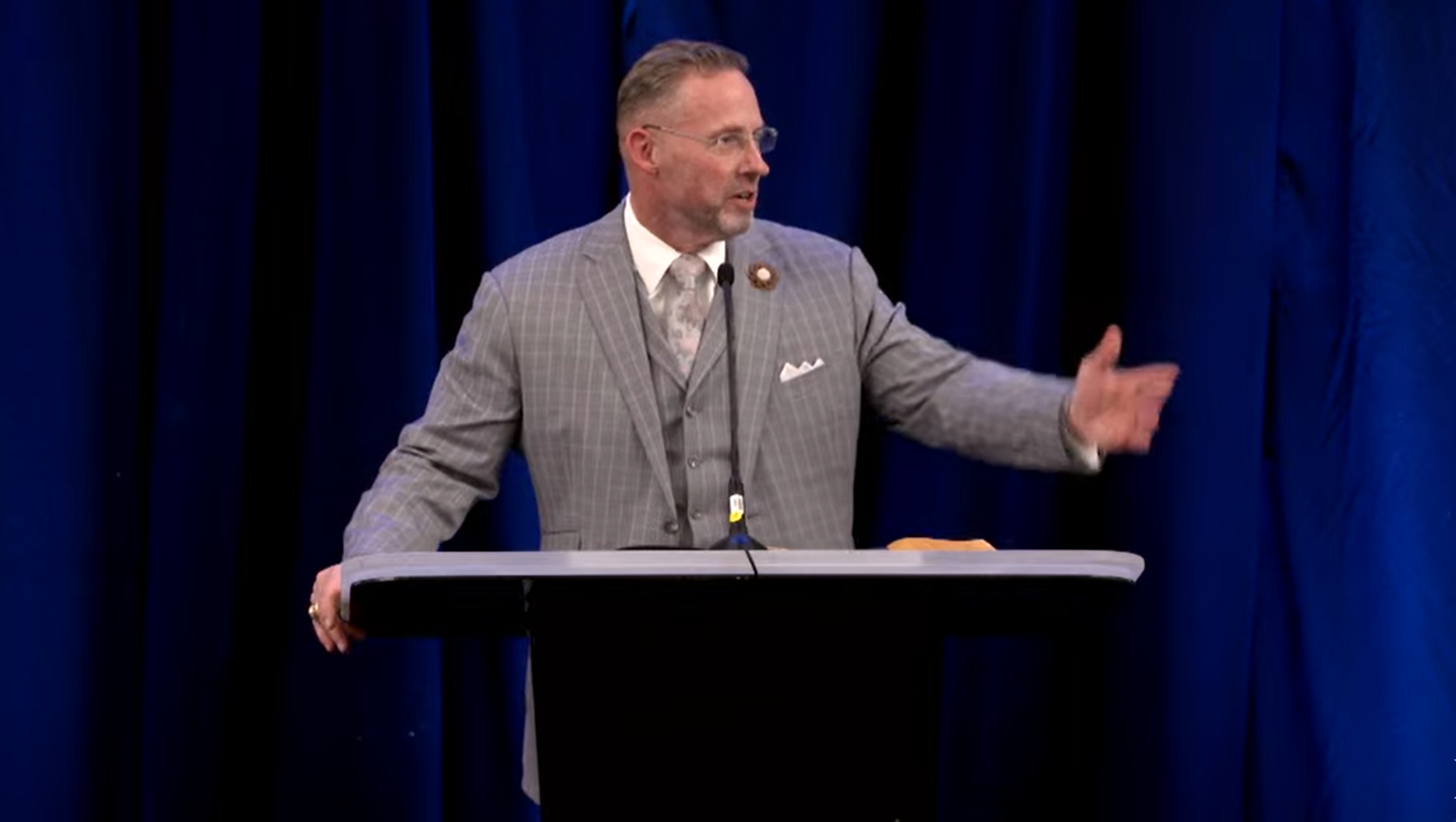Seemingly every day there is a new report of a church mishandling reports of abuse. If you are a church leader, that should alarm you. But I hope the alarm you feel is not, “I don’t want us to be the next church highlighted in one of those reports.” As understandable as that sentiment is, it is self-protective. It is about the institution, not the individual in harm’s way.
Instead, I hope your motivation for reading this article is this: “When someone entrusts us with their story, I hope we are equipped to be the refuge God has called His church to be.”
The difference between these two questions is more than semantics. It is the difference between being a caring shepherd versus a skittish public figure.
With that in mind, here are three common mistakes churches make when they receive allegations of sexual abuse and steps you can take to prevent these mistakes.
1. Wait until disclosure occurs to prepare
If you wait for a crisis to prepare for a crisis, you will not be prepared. Abuse is too prevalent for church leaders to be surprised that a church member comes to you and says, “Things aren’t safe at home,” or “I was raped on a date last weekend.” That disclosure is coming.
We must not be willfully blind to that reality.
There are two things you should do now to ensure you have the awareness and resources you need then.
- Build relationships with key professionals in your community. Do you know a social worker, police officer, trauma counselor, etc.? You should. Every abuse case is different. You’ll need trusted people who can help you determine the best way to care for each person who entrusts their story to your church.
- Equip leaders in key areas of ministry in your church. What training do your kids, student and college ministry leaders have? What about your women’s discipleship leaders? A survivor may not come to you. Whoever a survivor knows best and trusts most is who they will talk to and who will represent your church to that person.
You can accomplish these two things with one resource — the free Becoming a Church that Cares Well for the Abused curriculum. This curriculum includes 12, 20-minute lessons.
In this curriculum, you will learn from professionals in each area you need to build a relationship within your community. As you listen, you will also learn the kinds of questions to ask them.
Appendix B in this curriculum helps you identify which leaders in your church need to watch which lessons. You can send a link to each 20-minute lesson that’s essential for leaders in that area of ministry to understand. This helps ensure each leader — staff and lay — in your church is “reading off the same sheet of music” on how to respond when a victim entrusts that leader with their story.
2. Want certainty before being supportive
You won’t know everything you want to know before you begin supporting a victim in taking their next steps. More than this, it is not the role of the church to investigate sexual abuse allegations before coming alongside the victim in taking the next steps.
If the victim is a minor, then the standard is “reasonable suspicion” of abuse or neglect. And the next step is to contact Child Protective Services (CPS), or the equivalent organization in your state. Calling CPS is not “pressing charges.” It is getting an expert second opinion from someone with experience vetting concerns of potential abuse against a minor. Lesson seven of Becoming a Church that Cares Well for the Abused explains what happens when you call CPS.
If the victim is an adult, the church’s role is to support the victim as she/he decides what steps to take.
This involves connecting them with a counselor experienced in working with abuse and offering to be with them as they take any legal steps they choose to take. Confronting an alleged abuser before allowing the victim to receive care and counsel can endanger the victim and confound the Romans 13 legal process. This leads us to a third common mistake.
3. Begin to usurp the voice of the victim
If the first two mistakes are passive mistakes (i.e., mistakes when the church does too little), then this third mistake is an active mistake (i.e., a mistake where the church does too much). With the best of intentions, compassionate Christians can begin to tell a victim what she/he ought to do in light of their situation.
You may ask, “What’s wrong with that?” We must realize there isn’t a right response to abuse. There is no one-size-fits-all response that best serves all victims. Some victims may want to press charges. Other victims may feel like walking through the legal process would add to their trauma in ways they are currently not ready to withstand. Deciding whether or not to press charges is just the most obvious fork in the road. There are myriad choices like this one that a survivor faces.
Now ask yourself, “Who has to live with the consequences of these choices?”
Answer: the victim, not their Christian friend.
That’s why we need to support victims in making these choices rather than declaring what they ought to do. If we become too directive, we inadvertently supplant the abuser as the controlling influence in the victim’s life. Also, we can rush the victim to make a good choice before she/he is ready to walk out the implications of that choice, even with our support.
This should help you see why it’s so key to have relationships with the people identified under the first mistake.
These professionals are experienced at being supportive without usurping the personal agency of the victim. And they can help you learn how to balance these two things as well.
Conclusion
Here are a few doable steps you can take to prepare for the moment you hear someone’s sexual abuse allegations:
- Complete the Becoming a Church that Cares Well for the Abused curriculum to grasp the basic first-aid level responses when someone entrusts you with their story of abuse.
- Make sure key leaders in your church have completed the recommended lessons from this training. Regardless of your role, even if you are the senior pastor, you will not be “the church” for every victim of abuse in your church. The person they know best and trust most will be. Your shepherding role is to help ensure that person is prepared.
- Call professionals from your community to build a relationship with them so you know who to consult when crisis emerges. Let them know you appreciate their presence in your community.
- Realize when you consult with these people during a crisis, you won’t know everything it feels like you need to know. That’s normal, even inevitable. Don’t let uncertainty intimidate you out of taking the next wise step of care.
Once you’ve done those things, you and your church will be in a much better position to care for people who entrust you with their story of abuse. Those who muster the courage to trust you with their story will be glad you did.
EDITOR’S NOTE — This story was written by Brad Hambrick and originally published by Lifeway research.










